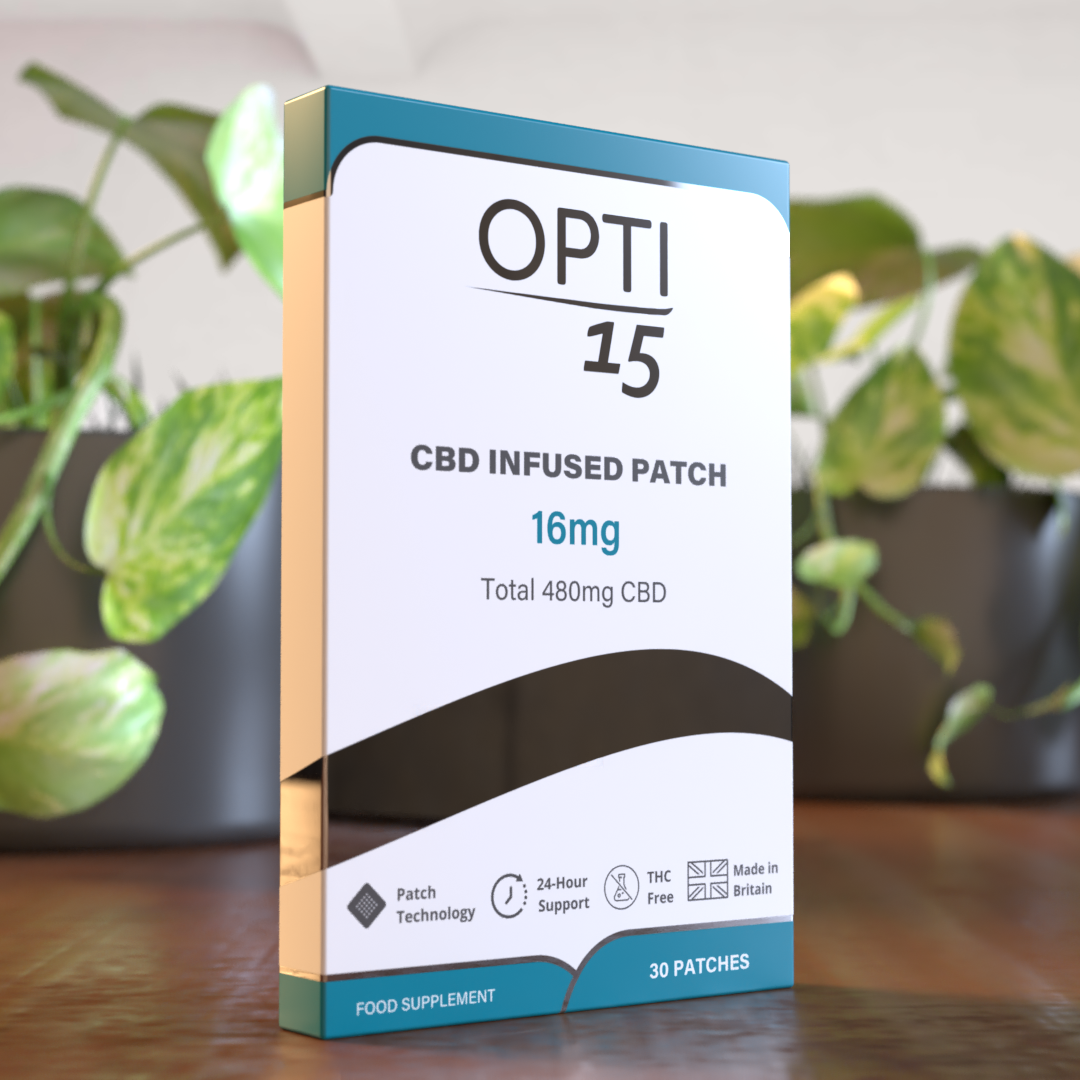Top 5 Nutrients for Healthy, Glowing Skin During Menopause

As women move through the perimenopausal and menopausal phases of life, issues like weight gain, loose skin, and wrinkles become common to them. Reduced estrogen levels during menopause have a significant effect on your skin. You are more susceptible to thinning, sagging, and wrinkles when you have less estrogen. Fortunately, by attending to your skin care requirements through diet and lifestyle changes, you can reduce some of the aging impacts on your skin.
What happens to your skin as we age?
We naturally link our fertile years to our reproductive hormones, such as progesterone and estrogen. However, these hormones are engaged in several other bodily processes. Estrogen is involved in the production of:
- Ceramides, a class of fatty acids generated from fat and protein sources, are primarily responsible for maintaining the integrity and health of our skin barrier.
- Hyaluronic acid keeps the skin smooth, elastic, and wrinkle-free. Additionally, it does a great job of holding onto moisture, which keeps the skin hydrated and full.
- Sebum, another greasy substance that hydrates and shields our skin, is made from fat molecules.
- The most prevalent protein in the body, collagen, is used to create connective tissue.
We may observe how our skin may be impacted as our reproductive hormones begin to shift and decrease. Reduced estrogen causes the body to undergo a catabolic (or disintegration) process, which results in a decrease in the elasticity and integrity of the skin as well as an increase in dryness and flaking.
Why is collagen most important for skin?
Collagen is the most abundant protein in the human body, accounting for 30% of all protein. It gives muscles, bones, and connective tissues like skin, hair, and nails structure. Levels of hormones, particularly estrogen, in the body also have a significant impact on collagen production.
Collagen production also declines as estrogen levels drop during menopause, and the structure of connective tissue starts to deteriorate. Amino acids, the "building blocks" of bigger proteins, are obtained from collagen and are necessary for the synthesis of keratin. As a result, the body produces fewer proteins, and your skin, hair, and nails become weaker and less elastic, showing signs of aging.
An estimated 30% of the skin's collagen is lost during the first five years after menopause. Consequently, typical indicators of skin collagen deterioration include an increase in:
-
Sagging
-
Wrinkles
-
Dryness
-
Discoloration (i.e., dark spots)
Improving your diet can help your skin:
Medical treatments are widely used to treat aging-related issues However, your diet may have an impact on the condition of your skin, hair, and nails.
A diet rich in nutrients has been shown to enhance the tissue structure of the skin, hair, and nail systems in several ways and promote the slowing down of the aging process. bring the body's hormones into balance, increase the production of collagen and keratin, and prevent oxidative stress-related damage.
5 nutrients that can help maintain glowing skin during menopause:
During menopause, these 5 nutrients, as well as the foods that contain them, can help you maintain better skin:
1. Consuming high-quality protein:
Women need to make sure to include more high-quality protein in their diet at all meals, particularly breakfast. This will help strengthen connective tissue and promote the production of collagen and keratin. Essential amino acids are necessary for the body to create both of these proteins, and they can only be obtained through diet.
As menopause reduces the body's ability to produce collagen, boosting your daily protein consumption can help your body manufacture it. High-quality protein sources that are low in saturated fat and contain all of the essential amino acids include:
-
Seafood
-
Poultry
-
Soybeans and soy-derived foods
-
Spirulina
2. Increase omega-3 fatty acids:
Omega-3 fatty acids can be used for a variety of purposes. They not only nourish and strengthen the structure of skin, hair, and nails, but they also control hormone levels and reduce inflammation in the body.
A diet rich in "good fats" is essential for hormone synthesis and balance. Add foods like avocado, cold-pressed oils, a variety of nuts and seeds, and olive oil in your diet. These foods can also reduce inflammation in the body, so they can assist if skin flare-ups like rosacea or adult acne (which are frequent throughout the perimenopausal years) start to happen.
Other sources of omega-3 are:
-
Seaweed and algae
-
Nuts and seeds
-
Plant-based oils
-
Fatty fish (salmon or sardines)

3. A variety of vitamins and minerals:
To support essential bodily functions, a variety of vitamins and minerals are needed. Two important vitamins and minerals during menopause are vitamin C and zinc.
Vitamin C has many advantages for managing menopause as well as for the body's protein levels. This vitamin acts as an antioxidant and is essential for the synthesis of collagen. One of the best things for lowering oxidative stress damage linked to menopause is vitamin C's antioxidant qualities. Foods that are high in vitamin C include:
-
Citrus fruits
-
Strawberries
-
Bell peppers
-
Cruciferous vegetables
-
White potatoes
Zinc is a mineral that the body uses to synthesize proteins. Hormones like progesterone and estrogen are also proteins, in addition to collagen and keratin. During menopause, eating a diet rich in this mineral can help regulate your internal protein and hormone levels. For your next meal or snack, consider including one of these foods high in zinc:
-
Oysters and other shellfish
-
Sweet potato
-
Chickpeas
-
Eggs
4. Several B vitamins:
B vitamins include several vitamins that help maintain healthy skin, hair, and nails. Five of the eight B vitamins, biotin (B7), niacin (B3), pantothenic acid (B5), folate (B9), and cobalamin (B12) have the potential to enhance the quality of hair, skin, and nails. They help promote cell health, proper blood flow and oxygen delivery, moisturizing, and radiant skin during menopause.
These nutrients can be found in many different foods. Most of these vitamins, however, are found in bread and fortified cereals. Moreover, since vitamin B12 is only present in foods derived from animals, consult your doctor about getting a shot if you're on a vegan diet.
5. Include fibre in your diet:
To aid in the removal of any toxins from the body, such as outdated hormones and inflammatory chemicals, try to include as much fiber as possible in your diet. Frequent cleansing and detoxification can also improve gut health, which can boost your immune system and lessen inflammation and skin flare-ups. In addition to dark green leafy vegetables, cruciferous vegetables like broccoli and cauliflower, onions, garlic, and some fermented foods like kimchi, kefir, miso soup, and live natural yoghurt have high fibre content.
These foods have the potential to improve our skin by supporting and safeguarding the gut microbiota, which in turn has a profound effect on several systems, including hormone production, the immune system, and digestion.
One pro tip to enhance your skin:
Even though it is not a nutrient but staying hydrated does wonders for your skin. We hear a lot about the importance of drinking enough water every day. As with many other systems, it is essential for healthy skin. Your skin's water content should be 70% at its highest. Maintaining supple, elastic, and moisturized skin requires this. Two litres of water a day is your goal, and this can include herbal teas and hot water with lemon, ginger, or mint.
Conclusion:
Menopause may alter your skin, but it is preventable. Vitamin C, zinc, collagen, omega-3s, and proteins can help your skin fight dryness, increase hydration, and regain its glowing appearance. Together, these nutrients help your skin feel renewed, protected, and repaired from the inside out.
To maximize the effects of a healthy diet, use other methods like stress reduction, skincare, and sun protection. During menopause, radiant skin is not only attainable but also achievable. The beauty and strength of this new chapter can be reflected in your skin if you begin today.
References:
https://pmc.ncbi.nlm.nih.gov/articles/PMC1606623/
https://nutritionsource.hsph.harvard.edu/vitamins/
https://pubmed.ncbi.nlm.nih.gov/39519608/
https://pmc.ncbi.nlm.nih.gov/articles/PMC10099312/

